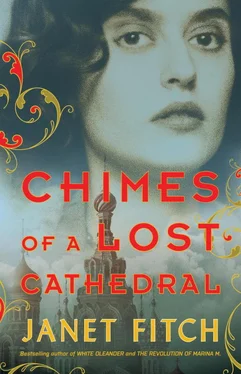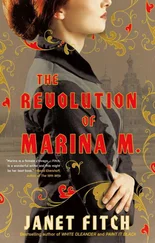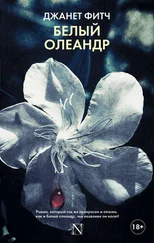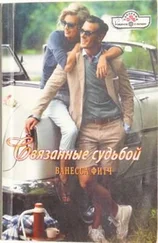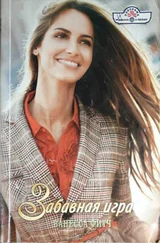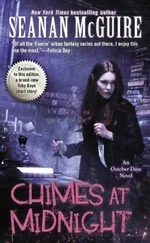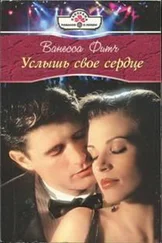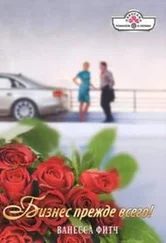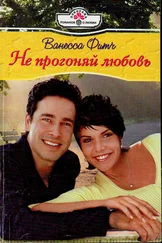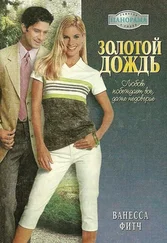Could I imagine my daughter thinking that horned Jews killed the cattle, frightened of devils in the butter churn, monsters in the forest? Kolya’s child and mine, growing up without Pushkin or Lermontov, The Wind in the Willows, Les Malheurs de Sophie, unaware there was a Europe, or that the moon only reflected the light of the sun, that the earth rotated around the sun and not vice versa. She would grow old and die barely conscious of the outside world—like the countless millions who had died before us. A short, brutish life in a small, dreary place, waiting for Easter and signing her name with an X . Don’t have children.
Yet I had to look hard at the reality I’d be subjecting her to. She could very well starve, as could I. She might die of a fever she’d pick up in traveling, or in Petrograd itself. I might die, leave her orphaned. She might not live long enough to read her first book. The midwife was offering me the possibility of a stable life for her. This tiny thing, red-faced and sweating, so bound in those swaddling clothes.
I couldn’t stand it anymore, and loosed her from the cloths, let her arms and her chest and legs feel the breeze, I kissed those arms, that narrow chest. Our blood, mine and Kolya’s—now there was a clever, volatile mix! She gazed up at me with those eyes, and I knew no round-faced Olya or Alya was going to be up to that. With a little luck, I would make some kind of life for her.
“I think we’ll take our chances,” I said. “But thank the woman for me.”
I felt Avdokia somewhere, sighing, exactly as this woman was sighing right now.
The midwife pushed down on her thighs and stood up, heavily. “Well, that’s that. May God have mercy on you both. At least she’s been baptized, that’s a comfort.”
“What?!” I didn’t want to shout, but it just came out. The baby startled and started to creak.
“Wrap her up, I told you. The arms—she’s used to being held tight inside you.” She took the swaddling cloth and laid it on the bench.
“You baptized her? While I was sick?”
“Well, we didn’t know if the baby was going to make it, milaya. So I baptized her myself. Then the priest came—don’t you remember?”
The incense, the priest—that was real.
“Put her head there,” she instructed, pointing to the head of the cloth. I did it. “Yes, we named her Antonina. I hope you like it. It’s a good name. You can call her Tonya, or Nina, or Inna.”
She’d baptized the baby herself while I’d been raving. Of all the things to worry about. I looked down into Iskra’s face, those eyes, Kolya’s mischief already showing there, and my own stubbornness. Already, a child with aliases. Antonina Gennadievna Kuriakina. I kissed her. Iskra. Tonya. Inna. Nina. “She needs to be bigger to travel,” I said. “But I won’t take your bread for free. I’ll work for my keep.”
She laughed out heartily, standing over me. “You’ve never held a scythe in your life. I bet you’ve never even used a broom, from the looks of you.”
Did I really look so useless? “I’ve dug ditches, I’ve built fortifications, I’ve cleared snow. Everyone works in the Soviet Republic.”
“You’re a good girl,” she said, patting my shoulder. “You rest, I’ll think about it.” She went back out to the fields, chuckling, leaving me and Iskra outside the izba watching the clouds float across the patches of blue.
Wildflowers bloomed in the long grass. The wind in the birches, their haymaking song on the air. I’d been abandoned, and yet right at this moment, it was enough to be here. It was warm and peaceful under the blue bowl of heaven. I fed my daughter, steering the other massive breast into her small mouth the way the midwife had instructed. I would figure out how to get home when the time came. Meanwhile, Iskra nursed and gazed up at the sky, the clouds chasing one another, a blue it rarely got in Petrograd. A real Maryino sky.
She fell asleep in my arms, wet lipped, drooling. I tucked my breast back into the white slip and rocked her, humming along with the singing. Iskra, Tonya. Nina. Inna. So trusting. I was her mother now, I had to make the decisions. I would pay these women back, and once she got stronger, we would go back to Petrograd. She might not have ballet lessons or sweetmeats from Eliseev’s, we might live in a tiny room somewhere, but we would walk down the granite embankments of the Neva and read Pushkin and I would teach her the Argentine tango, let her climb the trees of the Tauride Gardens, look at pictures in the galleries of the Hermitage. And see if we could find a certain clever fox.
I worked in the fields, my birth-emptied body compacting into something I could count on again, while Iskra grew red-cheeked and flirty-eyed. I had never worked so hard in my life. Being Korsakova’s servant was nothing compared to this, not even digging trenches during the German assault. Swinging a scythe, cutting rye with a sickle, binding grain into sheaves with reed grass and standing them up in the fields to dry. I fell asleep as soon as we stopped for a rest, in the shade of a tree or just under a wagon. The village was glad of my help. Their men had all been taken by the Whites when they’d come through in the spring. I learned what it was to work so hard you didn’t think at all. We sang those beautiful songs in order to work at the same pace, as one, and keep our minds off the labor. Nothing I’d ever done in my nineteen years on earth had prepared me for the difficulty of peasant life. I stopped to nurse Iskra under the trees and went right back to the scythe, leaving her under the wagon. We both grew tanned and freckled and strong.
Late one hot day, a cloud of dust made the midwife and her daughters stop in mid-swing. All the women fell silent. I didn’t know what was happening, but several women dropped their tools and ran for the forest. “Grab the baby,” Praskovia shouted, and then she too ran off toward her hut in the woods. I picked Iskra up from under the wagon, and the next thing I knew, a unit of Red cavalry was among us—seven hard, dirty men on small, dirty horses, faces lined with grime and sweat, squinting against the light, here to search for grain, for hoarding, for kulakism and possible antigovernment sympathies.
The women were pale with fear as the izbas and barns were searched. The enemy had been here, had taken their husbands and helped themselves to the grain—it could be construed as supporting the White cause. I stood absolutely still, Iskra in my arms, with Praskovia’s daughters, Lilina and Masha and Roza, watching Red soldiers rip through their izbas. “You have guns, baba ? Guns? Gold?” and I thought of my gun, hidden at Praskovia’s, under the steps. Would they find it? Would they consider her a White partisan?
Soldiers emerged from sheds with bags of grain on their shoulders. I saw exactly how the revolution must seem from the peasant’s point of view. It was the hardest work anywhere, except maybe rowing a slave galley, just to grow these bags of precious oats and rye—no help from the government, no help from the city—and now grim, brutal soldiers appeared from nowhere, demanding their livelihood and offering nothing at all in return, except the possibility of not being shot. We kept our eyes on those rifles with the long bayonets. I knew they would stab us before they shot us, to save ammunition.
The commander demanded to see the headman. An old muzhik with a beard halfway down his chest came forward, hat in hand. “You already came through here once,” he squeaked. “We need to eat too. We need seed for next year’s crop!”
“I have men who need to eat tonight, Grandpa,” said the commander through tight lips. He was a tall man, around thirty, with flat blue eyes like pieces of broken china. “Everything’s for the army. Didn’t you hear the order?”
Читать дальше
